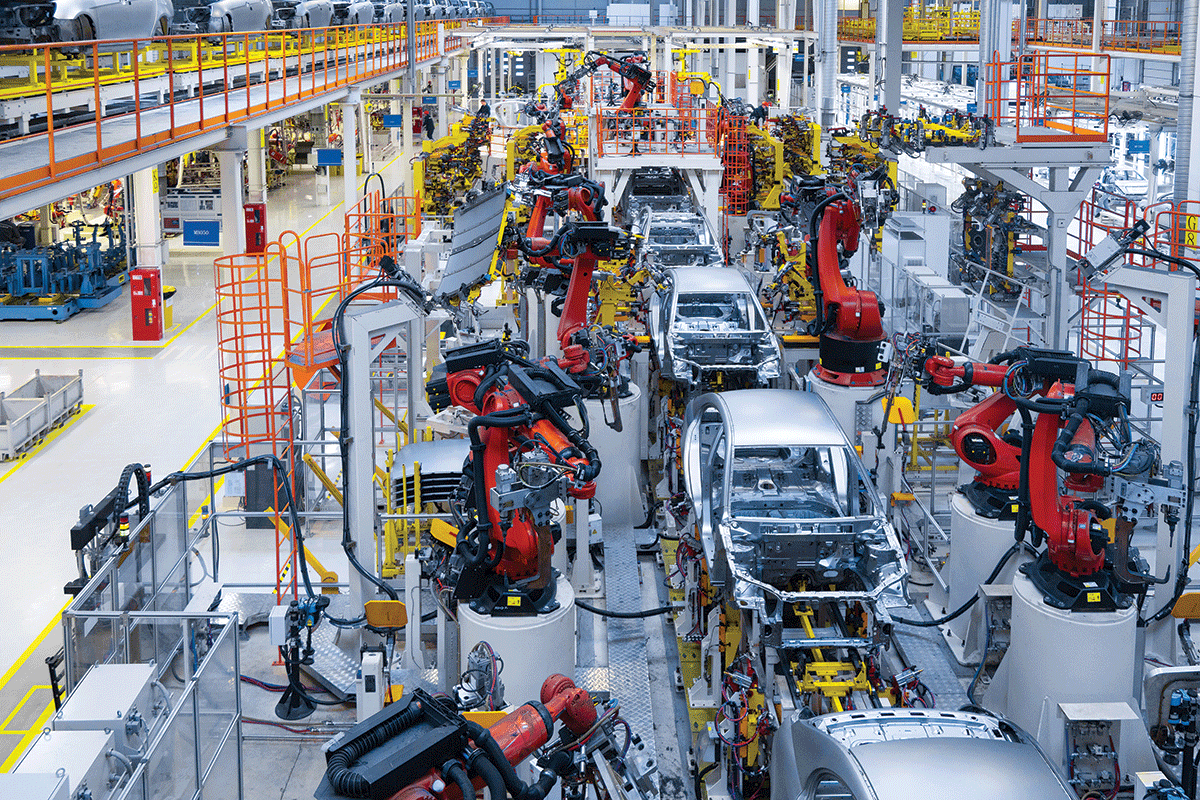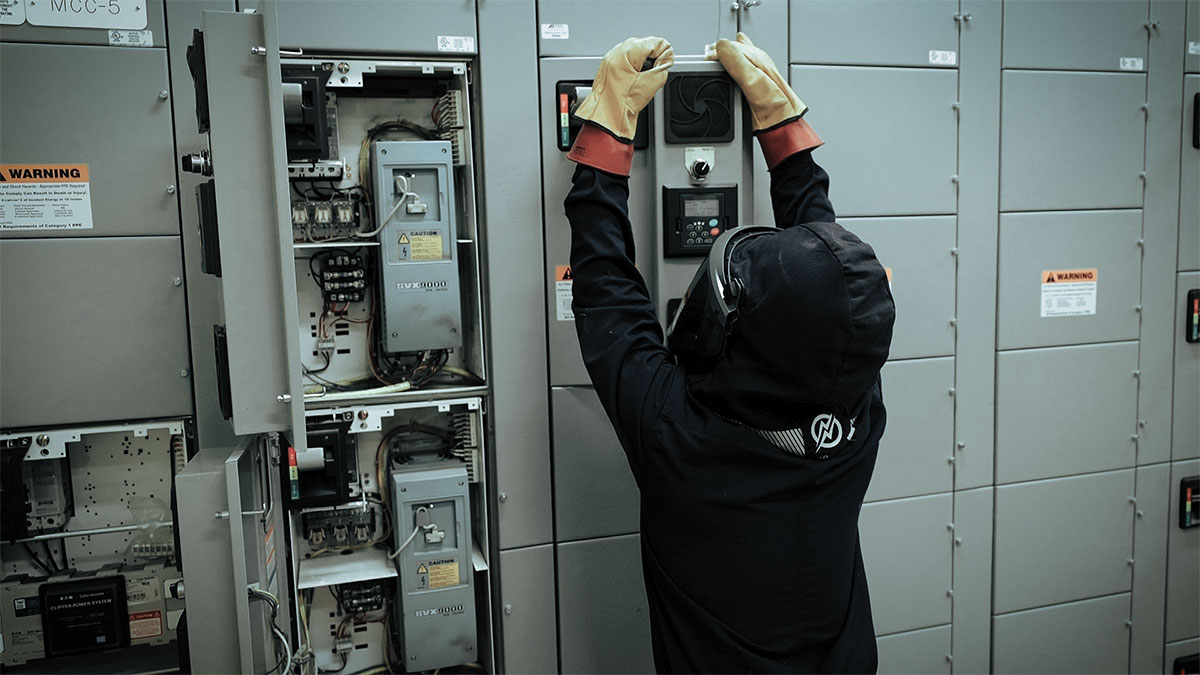By Bruce McGill, Vice President of Global Certification at Intertek
Machinery safety is becoming more important when associated with digitized automated manufacturing or processing systems. Health and safety considerations are now an integral part of machine design operations; therefore, manufacturers, project managers, and inspectors need to be aware of critical functional safety (FS) design requirements. FS is critical to the overall machine safety, which depends on automatic protection systems operating correctly in response to a hazard or predictable failure. FS emphasizes safe design, operation, and control of protection systems to mitigate the risk of direct or indirect physical injury or damage to health, the asset, or the environment throughout the machine life cycle. Like electrical codes, the management of FS applies to all industries.
FS management is covered under IEC 61508-1, a standard used for the design of control systems and calculation of the Safety Integrity Levels (SIL) of Electrical / Electronic / Programable Electronic (E/E/PE). Additionally, machinery is risk-assessed ISO 12100 and ISO 13489 series standards, which, when applied with the IEC 61508 series, provides a platform for build quality control. Ensuring FS requirements are enforced and met can be challenging, possibly time-consuming, but critical. For inspectors, it is important to understand the FS quality control and assurance techniques to achieve and maintain the FS of electrical machinery, applied control systems right down to component level.
IEC 61508
IEC 61508 part 1 clause 6 – management of FS, which is audited as part of the site visit inspection. The requirements of FS management cover all management and technical activities necessary to ensure FS throughout the lifecycle, including:
- Policy and strategy
- Identification of responsible parties
- Assessment activities, including measures and techniques
- Information structure and documentation
- Procedures for resolution and competency
- Training and retaining measures
It is important to understand FS management infrastructure and processes in place, safeguarding equipment design, maintaining ratings and requirements for production control, design, and the supply chain. Knowing the quality control in place and how it will be maintained will also be essential in evaluating projects and products used in them. As such, knowing the standard for specific machinery and equipment is also important.
ISO 12100 And IEC 62061
ISO 12100 is a machinery design safety standard centered on risk assessment and reduction. It specifies basic terminology, principles, and methodology for achieving safety in machinery design. It also specifies risk assessment principles and reduction based on knowledge and experience of design, use, incidents, accidents, and risks using horizontal and/or vertical standards. Another standard that can be used to assess machinery is IEC 62061, applied for the determination of safe machine controls, which includes mitigation of identified hazards and risk mitigation for functional requirements (frequency of use, response time, operating modes, and environment, etc.) and safety integrity.
Using these standards, it is possible to have electrical equipment assessed and certified for functional safety, illustrating compliance. An example of this certification is Intertek’s Functional Safety mark, which illustrates compliance to specific Machinery standards, safety controls capability known as Performance Levels (PL), SIL, and management of FS. When encountering such markings in the field, inspectors will know the machinery and/or components in question have been designed with functional safety in mind and that the equipment meets applicable standards and requirements.
Guidance
It is best not to simply conform to industry standards and protect against accidents, but to drive a more effective and productive operation, reducing downtime and costly repairs to equipment. For inspectors, it is important to understand the FS concerns for projects and machinery. In each situation, referring to top-level standards, their methods and requirements, and their implementation in the project and products at hand is important. Familiarize yourself with IEC 61508 and its requirements to help assess and ensure FS considerations and requirements and get to know the various testing and certification programs to understand how equipment is assessed and fits into the overall FS plan.
FS is intended to protect people, the environment, and/or machinery from harm and hazards in the event of a real-time failure. It is achieved through a design that implements control and protection concepts that lower the probability of undesired events, minimizing failure across the machine’s full lifecycle. Understanding FS concepts and conformity plays an important role in successful FS. From the designer to the manufacturer to auditors and inspectors, a successful FS program and assessment is possible.











Find Us on Socials